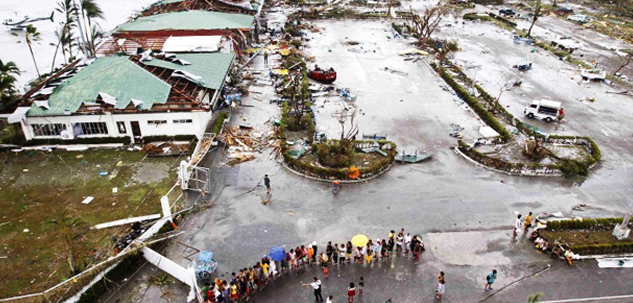What is ABK Rescue?
The Ang Bayan Ko Rescue program trains individuals on how to prepare to respond effectively during disasters and calamities in their communities. The ABK rescue team educates people about disaster preparedness and mitigation for dangers that might affect their area and trains them be self-sufficient in fundamental calamity response abilities, such as fire security, light search and rescue, group organization, and catastrophe medical operations.
After a major disaster, fire and rescue responders may not be able to provide a prompt response to all those who were affected. In these crises, it will be the community helping one another until the emergency response specialists arrive.
At the point when crises happen, the ABK Rescue team and volunteers can utilize their knowledge and training to give basic support to early responders, give urgent help to victims and casualties, and coordinate to establish a volunteer group at a disaster site when professional government responders are not able to send help immediately.
Vision
The program aims to establish the funds and resource base needed to implement and sustain a concurrent emergency preparedness program that will help reduce the impact of natural disasters, limit suffering and improve response time in providing critical provisions and essential services.
Mission
Volunteers prepared in ABK Rescue offer a potential workforce for performing obligations, such as shelter support, crowd control and clearing. Our mission is to provide help to communities that are vulnerable to the risks of natural disasters by improving emergency preparedness training, provide the communities with essential resources to become better prepared to cope and recover from the negative impacts of a disaster, and support search and rescue operations with equipment and material resources until other professional help arrives.
The following safety precautions to ensure a home free of fire hazards are recommended by the Bureau of Fire Protection:
HOW TO PREVENT FIRE HAZARD AT HOME:
- Never leave your cooking unattended.
- Keep matches and lighters out of children's reach.
- Stoves must be oil free; regularly check LPG for breaks with soapy water.
- Unplug all unused electrical appliances.
- Avoid outlet-overloading and using worn-out cords.
- Keep combustible fluids and other burnable things far from the stove when cooking.
- Check and replace smoke alert batteries every six months.
- Do not use extension cords as permanent outlets.
- Ensure that curtains are far from electric fan blades.
- Regularly clean and oil electric fans. Do not postpone fixing damaged appliances.
- Unplug electric appliances instantly after use.
- Never smoke in bed.
- Place candles in holders or a basin partly loaded with water.
- Put out candles before sleeping.
- Do not store huge amounts of combustible fluids in the house or storage areas, such as: Gas/Kerosene, paints and solvents, engine oils, floor wax/fluid shine, glues (i.e., rugby) and alcohol items
- Oily rags, newspapers, and other rubbish must be arranged in a sheltered waste pack or container.
- Immediately clean up spilled oil and grease from vehicles.
- Plug power tools directly into sockets; use only high-quality extensions.
- Keep your garage well-ventilated to prevent development of exhaust and warmth from apparatuses.
Source: “Prevent fire through good housekeeping,” by the Bureau of Fire Protection [PDF]
WHAT SHOULD YOU HAVE IN YOUR HOME:
- SMOKE ALARM - When fire hazard are still in a controllable state, this device will alert you. Consider to install smoke alarms in different parts of your house.
- FIRE EXTINGUISHER - There are different kinds of fire extinguisher for every type of flame. Have an ABC- or ABCD-type of fire extinguisher in the kitchen and workshop areas. Ensure that everyone in the household knows how to properly use a fire extinguisher.
| Types of Fire |
|
|
| A |
Light materials |
Paper, plastic, wood, leaves |
| B |
Flammable liquids |
Kerosone, paint, solvents, adhesives |
| C |
Energized electrical equipment |
Plugged appliances and tools |
| D |
Combustible metals |
Sodium, Zinc, Potassium |
| K |
Cooking fuels and oils |
Frying oil, LPG |
- Emergency Exit - It is suggested that each household have their own emergency exit. Be sure that every member is knowledgeable and understands the exit route. Execute fire drills with the family if necessary.
Source: “Prevent fire through good housekeeping,” by the Bureau of Fire Protection [PDF]


